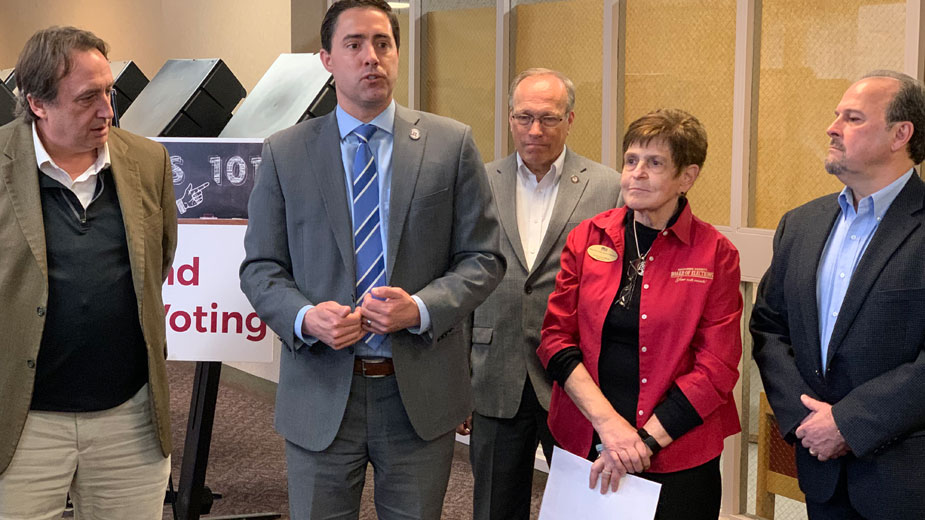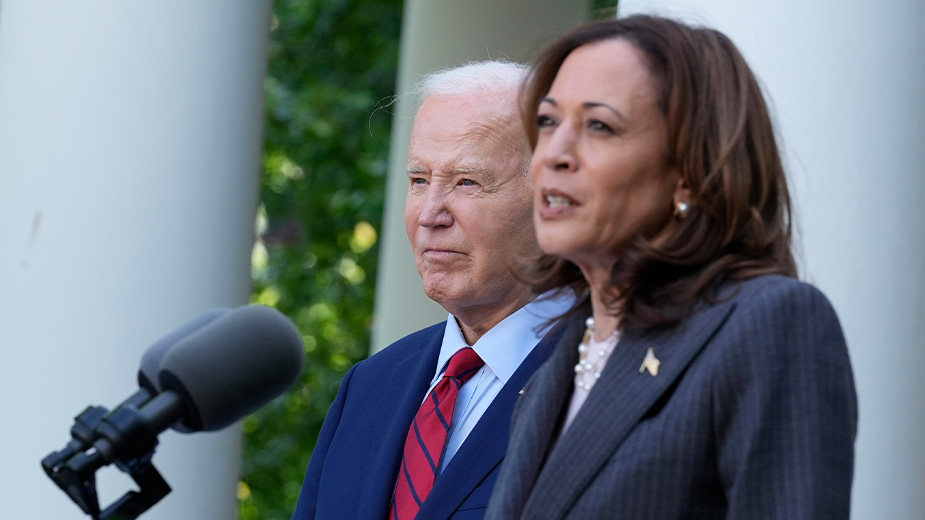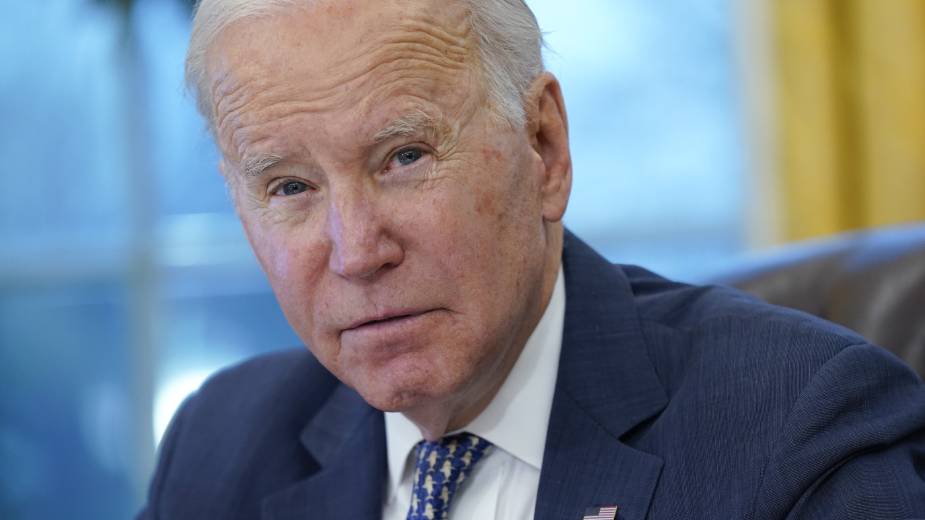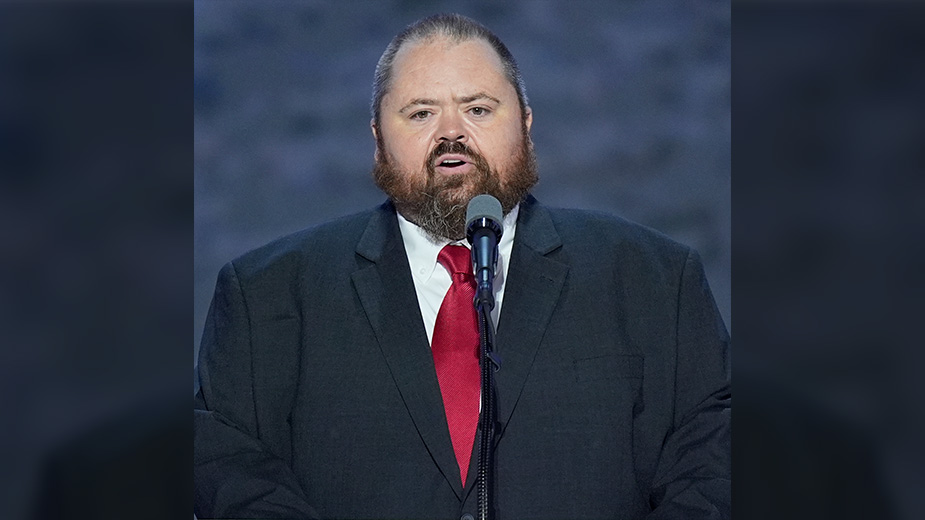Controlling Board Rejects LaRose Ballot Postage Request
YOUNGSTOWN, Ohio – Ohio Secretary of State Frank LaRose acknowledged he was left with limited options following the Ohio Controlling Board’s rejection of his request to spend $3 million to pay for postage for election ballot return envelopes.
The board voted 4-2 against LaRose’s request for appropriation authority to use the funds from his office’s business services fund, which is derived from fee revenue, to pay for stamps that could be put on the return envelopes for absentee ballots.
County boards of elections will begin mailing absentee ballots Oct. 6, when early voting begins in Ohio. The local boards already have received more than 1 million requests for absentee ballots, LaRose reported last week.
Given the logistical deadlines to obtain stamps from the U.S. Postal Service and apply them to absentee ballot return envelopes, Monday represented the “the latest realistic opportunity for the legislature to act on this request,” LaRose’s office said in a news release following the controlling board’s decision.
During the virtual meeting, which was carried on the Ohio Channel website, LaRose argued that while spending the funds on postage for the ballots was not specifically prohibited by state law, he required the board to provide him with the spending authority.
Providing pre-paid postage for the return ballots would encourage voters to return their ballots early. With the rise of online bill pay, many people don’t have stamps in their homes, requiring them to make a special trip to get the required postage, he said.
The state legislature paid for return postage for ballots cast in this year’s primary, which was changed to a vote-by-mail election because of the continuing coronavirus pandemic.
“This is not a normal election,” LaRose said. “What we’re trying to do is get the ballots back as early as we can.”
Such issues are “typically in the purview of the legislature,” state Sen. Bob Peterson, R-17 Sabina.
LaRose responded that he made the request of the General Assembly in May as one of several “small changes” to this year’s election, but the legislature “chose not to act on it.” He also said that the legislature spoke on the issue in March when it approved the funds for the primary return ballot postage. “It’s not a novel or new idea,” he asserted.
“But you don’t have express authority given to you by the legislature to pay for postage. It’s not an office expense. It’s something you want to call an office expense,” state Sen. William Colley, R-4 Liberty Township, said.
The fund has been used previously for such diverse purposes as purchasing voting machines and training poll workers, LaRose countered. “It’s not uncommon for election-related spending to happen out of this fund,” he said.
With early voting beginning in about three weeks and more than 1 million absentee ballot requests already submitted, state Rep. Scott Oelslager, R-48 North Canton, said he was “reluctant to change the rule of any election, particularly a presidential election,” this close to Election Day.
“The people of Ohio will have plenty of opportunities to vote,” he said.
In his news release, LaRose called the board’s decision a “missed opportunity by the legislature to make a small change, without an impact on our state budget, that would yield a big improvement.”
In a news release issued following the controlling board meeting, state Rep. Michele Lepore-Hagan, D-58 Youngstown, joined other Democrats in the Ohio House of Representatives to call on LaRose to use his existing authority to pay for return postage for ballots.
“The need for safe and secure elections exists in every election cycle, but the needs are different and greater during a pandemic,” Lepore-Hagan said. “Secretary LaRose has the ability to pay return postage on absentee ballots, keeping Ohioans safe if they wish to vote from home. Securing our election this November requires him to take action now. Anything short of that is voter suppression.”
State Sen. Vernon Sykes, D-28 Akron, also criticized the decision in a news release following the meeting. He argued that the state should be making it easier to cast ballots by mail by those who want to avoid in-person voting during the pandemic.
“The state Controlling Board had the opportunity to help voters in Ohio cast their ballots this November in the safest and most secure way possible. Disappointingly, the Republican majority chose not to do so,” he said.
“Prepaying for postage would have encouraged Ohioans to request an absentee ballot and increased voter turnout in November – all while keeping people safe and slowing the spread of COVID-19,” he continued. “It would have also helped voters mail out their ballots faster, as they wouldn’t have had to worry about buying stamps or making sure they had enough postage. This would have been particularly important this year, as voters are encouraged to send their ballots as early as possible to ensure they arrive to their board of elections on time.”
Stephanie Penrose, director of the Trumbull County Board of Elections, questioned whether the lack of pre-paid postage would make much of a difference in how quickly ballots are returned. Most people have a stamp in the house, she said.
“We didn’t have a stance one way or the other. We were just hoping for a quick resolution so we knew what we were doing before the election,” she said.
With the legislature not approving LaRose’s request, voters will have to pay for their return postage on a mail-in absentee ballot as they have in past elections, Bryce Miner, deputy director of the Columbiana County Board of Elections, said. That said, the board has a secure drop box at its office for voters to utilize around the clock leading up to the close of polls on Election day.
“We have a solid foundation in the state of Ohio for ample early voting and Election Day voting opportunities,” he continued. “As a collective office, we pride ourselves in assisting voters to the best of our ability.”
Pictured: In this March 4 photo, Thomas McCabe, deputy director, Mahoning County Board of Elections, joins Ohio Secretary of State Frank LaRose; Mark Munroe, chairman, Mahoning County Board of Elections; Joyce Kale-Pesta, director, Mahoning County Board of Elections and Mahoning County Commissioner Dave Ditzler on a tour of the board of elections.
Copyright 2024 The Business Journal, Youngstown, Ohio.



